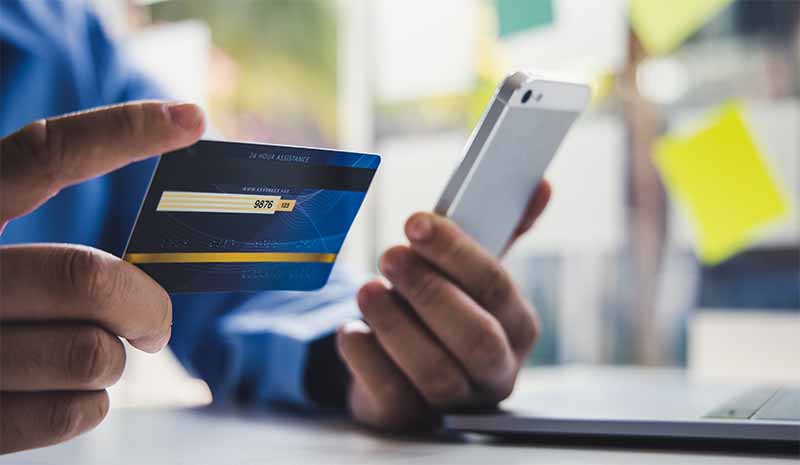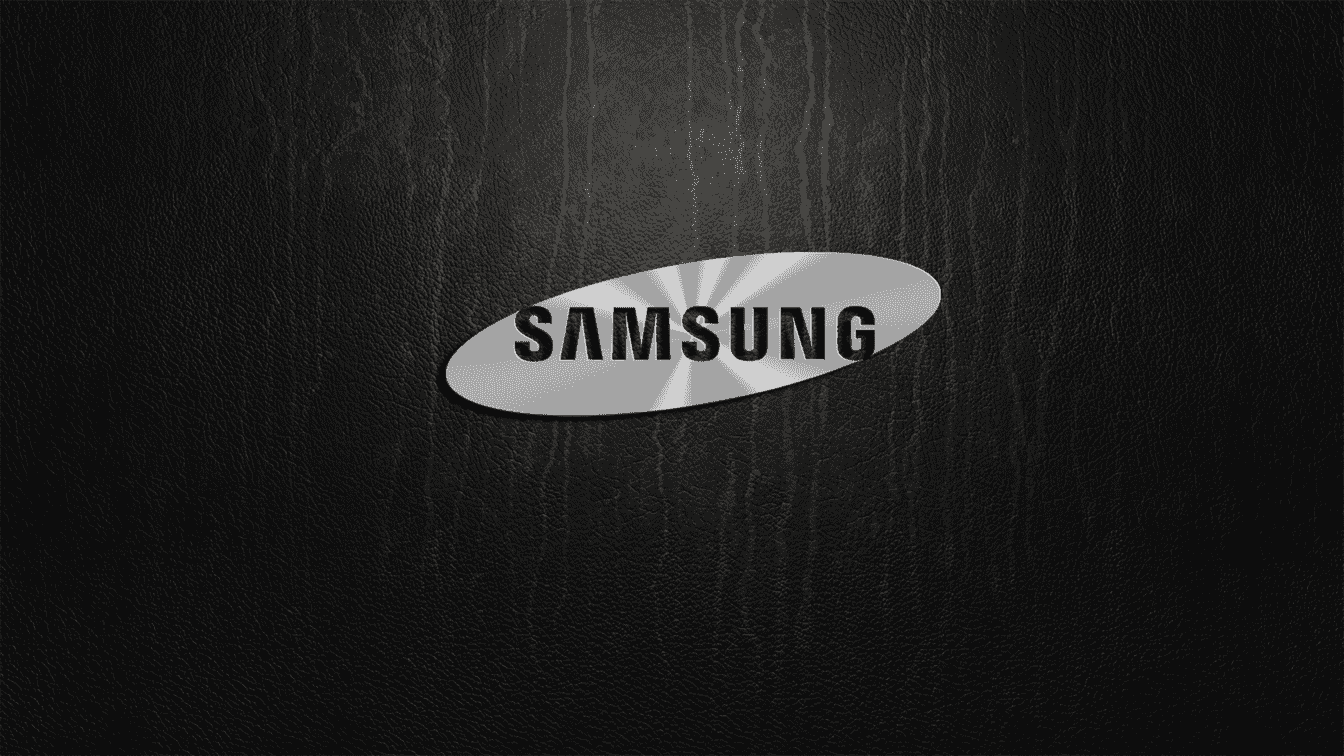Gaming Transactions: Are they Secure?

The world is growing increasingly hooked on gaming, with statistics cited by Forbes showing that gamers are playing for 7 hours and 7 minutes each week on average. When you look at the expenditure of gamers, the results are even more staggering. In the UK, a country that was ranked the 6th largest video game market in 2018 in terms of secure gaming transactions revenues.
With the 2.7 billion gamers globally, data published by Venture Beat reveals that a total of $159.3 billion (£126.5 billion) will be spent on games this year alone, with the game market expected to surpass $200 billion (£159 billion) by 2023.
Are Your Gaming Transactions Secure?
In the UK, a country that was ranked the 6th largest video game market in 2018 in terms of consumer revenues, the expenditure reached £5.35 billion, according to the Association for UK Interactive Entertainment.
These numbers aren’t at all surprising considering the increasing prevalence of microtransactions. What used to be common only in mobile games is now prevalent in triple-A console and PC games too.
However, gamers should be wary about their gaming transactions when they make them, especially as constant data breaches and hacking attacks are far too common in the gaming world. In fact, no one is immune. Even a large company like Nintendo has recently been the victim of a hack, with over 160,000 accounts compromised.
Gamers who wish to continue spending money on games must ensure that their information is secure. Just like with any transaction carried out online, you must see to it that your data is protected, so no hacker or cybercriminal can gain access to it.
Here are some tips that can help you ensure that your gaming transactions are secure:
Read and understand the gaming provider’s security and privacy policies
One important thing to watch out for is how updated your provider’s security policies are. FIS Global emphasises how regulations in the gaming industry are constantly changing, and gaming providers often find themselves having to adapt.
If your specific gaming provider hasn’t updated their policies in a while, then you need to seriously consider how much they value your security and privacy. It would be best if you also double-checked that they aren’t sharing your information with any third parties, a practice that is usually common among smaller developers, such as mobile game providers.
Whenever possible, make use of an OTP
The Economic Times highlights how dual or multifactor authentication is an important step in adding another layer of security to authenticate the user’s identity. In addition to authenticating through credentials, a secret code is also used to secure the transaction.
While there are various modes to transact the secret code, the most common is the OTP or One-time Password. It uses cellular signals to send the OTP to the recipient, which they will then input online to proceed with the transaction. While not all apps or programs offer this type of authentication, it would be beneficial for you to opt for it to make your transaction extra secure.
Use secure passwords
More often than not, people tend to stick with easy to remember passwords to access their accounts quickly. What’s worse is that many use a single password for the majority of their accounts. By doing this, it will only prove to be a disaster, especially if anything is hacked.
CNET suggests your password should have multi-characters and multi-cases, without being too long to memorise nor so short that it’d be easy for hackers to crack. It’s not advisable to use your personal details, either. Try to make your passwords complex yet still decipherable so you can commit it to memory.
Limit providing personal information
It’s always better to be safe than sorry. If you’re skeptical about the game company you’re transacting with, you don’t have to give accurate information. For instance, if they are requiring your living address, you can always make up some false information. Unless you’re purchasing physical objects to be delivered to your house, you won’t usually have to provide accurate mailing information.




